Search
Did you mean: Romani?
Search Results

Definition
Roman Philosophy
Roman philosophy played a significant role in the growth and development of Western thought. While not involved directly in the development of original philosophical thought, Rome made significant contributions in two ways: by conveying Greek...
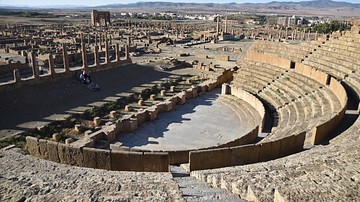
Article
The Splendours of Roman Algeria
Algeria, Africa's largest country, stretches from the Mediterranean coastline to the Saharan desert interior. The country has some of the finest and most diverse Roman sites, including Timgad and Djémila, both well-preserved and UNESCO-listed...

Article
Education in Roman Spain
There was no compulsory state education for children in any of the western provinces of the Roman Empire. The primary sources are sparse when it comes to the education in Roman Spain, and while some scholars argue for a network of schools...
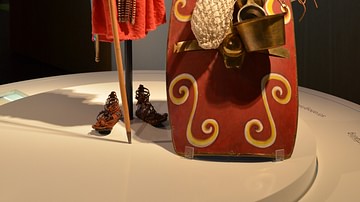
Article
Roman Armor & Weapons
From the days of the hoplites through the creation of the legionary until the fall of the Roman Empire in the west, the Roman army remained a feared opponent, and the Roman legionary's weapons and armor, albeit with minor modifications, remained...

Article
Fall of the Western Roman Empire
To many historians, the fall of the Western Roman Empire in the 5th century CE has always been viewed as the end of the ancient world and the onset of the Middle Ages, often improperly called the Dark Ages, despite Petrarch's assertion. Since...
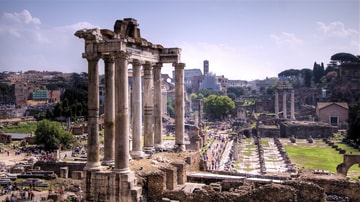
Definition
Roman Forum
The Roman Forum or Forum Romanum of ancient Rome was the bustling religious, administrative, legal, and commercial heart of the city from the 7th century BCE onwards. Made increasingly grandiose and ceremonial in function by the Imperial...

Definition
Roman Senate
The Roman Senate functioned as an advisory body to Rome's magistrates and was composed of the city's most experienced public servants and society's elite. Its decisions carried great weight, even if these were not always converted into laws...

Definition
Titus (Roman Emperor)
Titus was Roman emperor from 79 to 81 CE. On June 24, 79 CE Titus Flavius Vespasianus succeeded his father Vespasian (r. 69-79 CE) as emperor of the Roman Empire. Prior to his ascension to the throne, he was considered by many as “…unpopular...
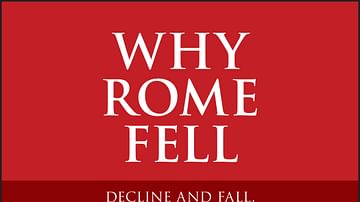
Article
Continuity and Change after the Fall of the Roman Empire
The cataclysmic end of the Roman Empire in the West has tended to mask the underlying features of continuity. The map of Europe in the year 500 would have been unrecognizable to anyone living a hundred years earlier. Gone was the solid boundary...
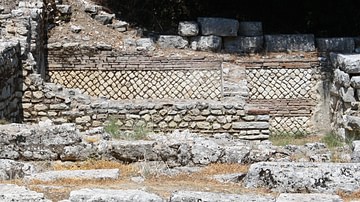
Article
Roman Walls
The many Roman walls still visible today throughout Europe and the Mediterranean, be they defensive walls such as the Servian Wall or house and monument walls, tell us a great deal about the evolution of Roman construction techniques. Roman...